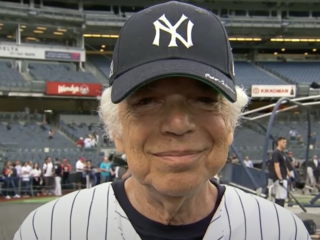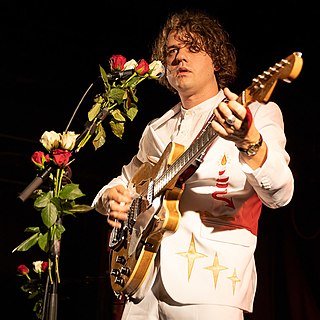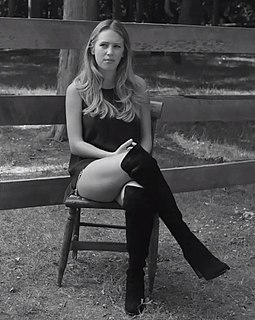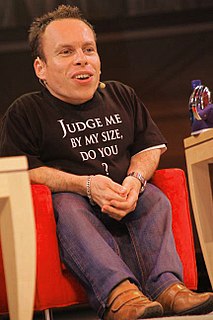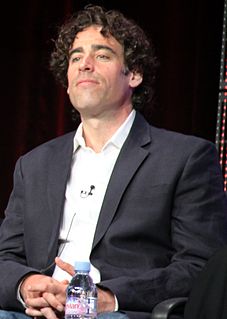A Quote by David Cameron
I went to a very posh school, I had a very privileged upbringing with parents who were incredibly loving and brilliant. I've never tried to hide that; I'm not going to change my accent or talk in a different way.
Related Quotes
I grew up in a very loving middle class family. My parents were educators. I'm not even the first PhD in my family. They tried to shield me, just as other parents in my neighborhood tried to shield their children. But you knew there was a reason that you couldn't go to that theme park or to a movie theater or to a hamburger stand. They couldn't shield you completely. What they did though was they never let it be an excuse for not achieving, and they always said racism is somebody else's problem, not yours. They tried in that way not to make us bitter about Birmingham.
Ours was a very progressive Protestant family, but my parents were God-loving rather than God-fearing. We went to church, and I still go with my mum and dad when I return home - it's a family thing. I played flute in my dad's marching band, but I had an integrated upbringing. We had a lot of Catholic friends.
It makes it easier, if you can't do an American accent. I don't know. It's different. I played a character in Never Let Me Go where the script for my character was very sparse, and I enjoyed it. With Never Let Me Go, I had a whole book written from my character's point of view, so I always knew where I was. But, with Ryan [Gosling], it was just easy. He's such a brilliant actor and he is so prepared. He doesn't have to warm himself up to be in a scene. He's just in it. It draws you in, in a way.



